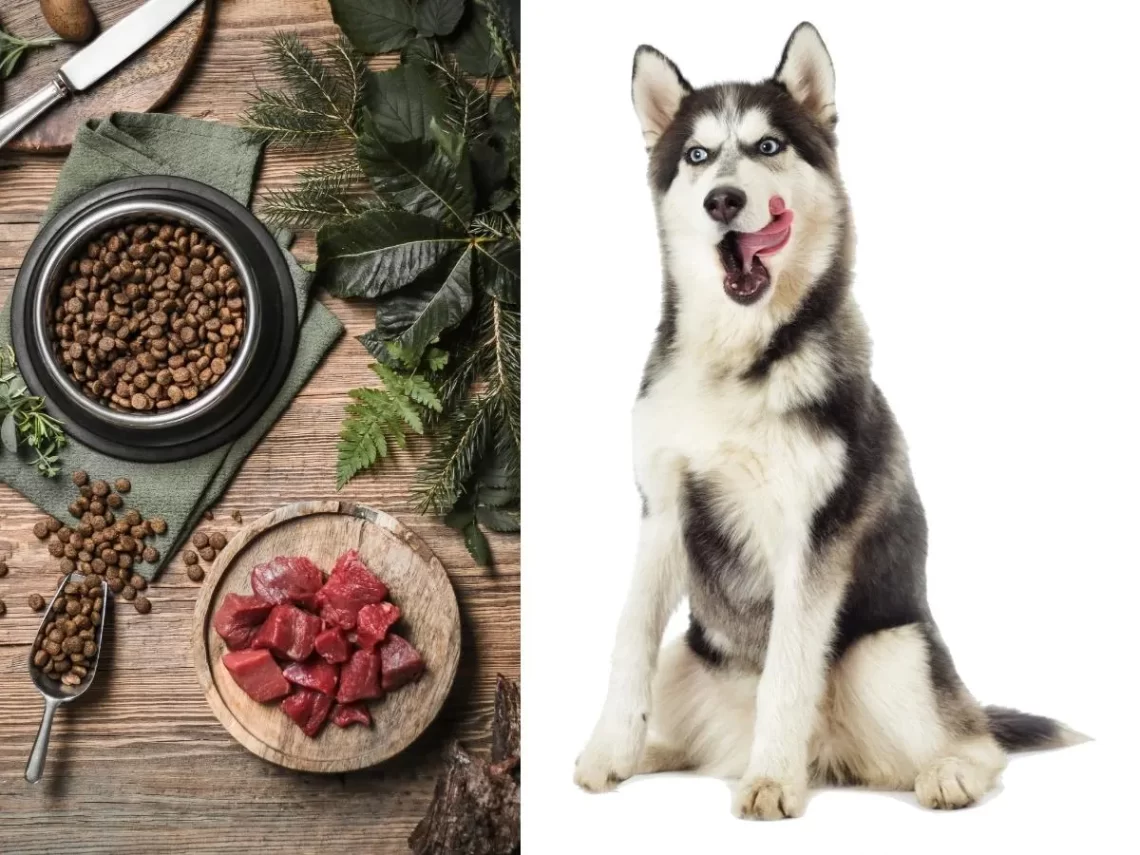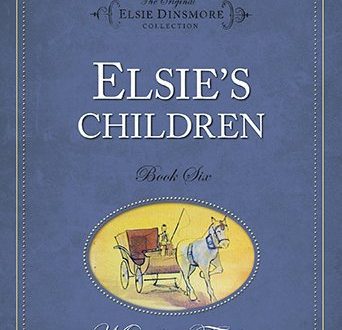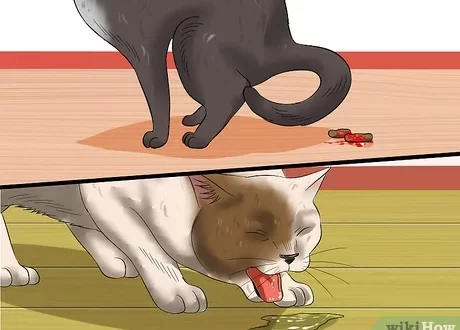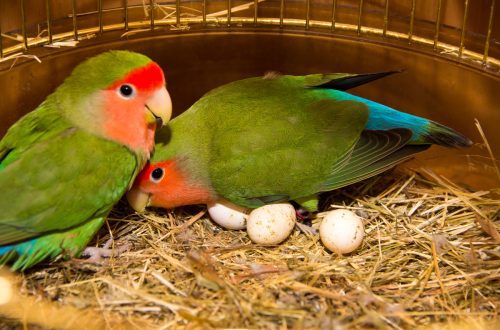
The ideal diet for a husky: what can and cannot be fed to a dog?
We discuss the topic on our forum.
Huskies are one of the oldest breeds of sled dogs. However, nowadays they are most often used as companion dogs. Husky is a fairly large dog. Its height at the withers is 0,5 to 0,6 m, weight – from 20 to 28 kg. Dogs of this breed are distinguished by friendliness, cleanliness, calmness and beautiful appearance, which is why they have gained a lot of popularity lately.
However, before you get such an animal, you need to think about the fact that the Husky is by nature a sled dog, so she needs daily intense physical activity, long walks and special nutrition for the normal development of the skeleton and muscles. If the menu of a husky, especially a puppy, is wrong, there is every chance that the dog will suffer from many diseases. In this regard, you need to study in detail how to feed a husky, even before buying a puppy.
Contents
Proper nutrition for a husky
There are two options formulating a diet for this dog: feeding with natural products and the use of dry food.
In the case of a husky, in no case should you choose a mixed type of food that is suitable for most other breeds. This is the most common mistake of the owners of this animal. Mixed nutrition leads to problems with the gastrointestinal tract and negatively affects the husky’s body as a whole.
You should also be sure to remember that huskies are fed only after a walk. If the dog will receive physical activity after eating, intestinal volvulus may occur, so you can’t feed the husky before walking.
What type of food to choose?
Each of the two types has its pros and cons.
Benefits of natural nutrition:
- there are no harmful additives in natural products;
- the presence in the diet of natural protein and fiber;
- the ability to independently monitor the quality of products, which cannot be controlled in the case of dry food.
Cons of natural food:
- it takes time to cook food;
- choosing the right balanced diet requires knowledge and time, as well as consultation with a veterinary nutritionist;
- Difficulty in transferring a dog from natural food to dry food, if necessary.
Benefits of feeding dry food:
- no need to spend a lot of time choosing a menu for a dog;
- no cooking time is required;
- the food already contains the necessary vitamins and minerals;
- dry food is easier to take with you on a trip.
Disadvantages of dry food:
- insufficient moisture content in dry feed;
- the difficulty of selecting food that is suitable for a particular dog;
- possible content of harmful additives in the feed;
- the price of good dry food is very high;
- the inability to give the dog natural products if dry food is usually used.
It should be recalled once again that a mixed type of food for a husky is not suitable, so you need to choose from these two options.
Feeding your husky with natural products
When choosing a diet for representatives of this breed, it should be borne in mind that the menu must contain products containing proteins, fats, fiber, which is necessary for the normal functioning of the intestines, amino acids, as well as all the necessary vitamins, macro- and microelements.
Foods to feed Huskies:
- Meat. It is the main source of protein for the dog, so it should make up 70% of the diet. Huskies are best fed with lean meats. These are chicken, turkey, beef, venison. Pork and lamb are best avoided. However, due to the fact that huskies have a protein-fat metabolism, they are able to digest fatty foods with less load on the liver than other dogs. But in any case, it is better not to feed fatty varieties of husky meat. In addition, pork is contraindicated because it is often infected with the canine distemper virus.
- Offal. These are the liver, heart, spleen, lungs, trachea. They contain a large amount of vitamins and minerals. In addition, the tripe is very useful, it must be present on the menu of a husky, especially a puppy. You need to feed the dog offal regularly, but not every day, so as not to face the problem of excessive intake of vitamins and trace elements.
- Bones. You can’t feed them to huskies, but sometimes it’s useful to give large bones to gnaw, as this cleans and strengthens teeth, and prevents the development of caries.
- Cartilage. They contain collagen, as well as vitamins and minerals necessary for the normal functioning of the dog’s body. You can give meat along with cartilage.
- Kashi. Huskies can be given only three types: oatmeal, buckwheat, rice. Porridge must be present in the dog’s diet, as thanks to them, intestinal function is normalized. They should make up to 10% of the diet.
- Fish. Only marine varieties are suitable. Fish contains a large amount of essential amino acids, iodine, phosphorus, fluorine and other macro- and microelements, vitamins of group B, as well as A and D, so it is imperative to feed the husky with it.
- Dairy products. They contain calcium, necessary for the normal development of the musculoskeletal system. Huskies can only be fed low-fat fermented milk products, namely kefir (0%) and cottage cheese (up to 10%). It should be as fresh as possible, especially kefir (up to three days from the date of manufacture). Cottage cheese or kefir is given instead of feeding, usually in the morning.
- Eggs. Chicken (yolk) or quail (whole). 1-2 times a week.
- Vegetables. They contain a large amount of all the necessary vitamins and minerals. Especially useful is cabbage, which improves digestion. In addition, the diet should contain tomatoes (in small quantities), which are good for teeth, as well as carrots, zucchini, pumpkin, and beans.
- Vitamin Supplements. They should be selected in consultation with a veterinarian.
Foods that should not be given to huskies:
- fatty meats, as well as veal and chicken;
- milk;
- egg white;
- boiled bones, chicken bones;
- chocolate and other sweets;
- raisins and grapes;
- potatoes in any form;
- tomatoes in large quantities (only a little is allowed, as they can cause allergies);
- nutmeg;
- sugar substitutes;
- vitamin supplements intended for humans;
- smoked, pickled, salted, fried, spicy food;
- products with a high content of artificial preservatives, dyes, flavors;
- hot or cold food.
How to cook food for a husky?
Meat must be given raw, after freezing it for 3-7 days. Be sure to thaw it well before serving. Meat should be given in large chunks, it should not be given in the form of minced meat or in broth.
Fish must be boiled. Soft-boned varieties can be served raw, but be sure to thaw thoroughly before doing so.
Porridge should not be boiled, but brewed with boiling water. To do this, pour the cereal with water brought to a boil, close the container with a lid and leave for 30 minutes. You can add a teaspoon of butter. You also need to salt the porridge a little. Seasonings cannot be added.
Chicken eggs must be boiled, after which the protein is separated, you can only feed the yolk. Quail eggs are given raw.
Vegetables don’t need to be cooked., but they can not be given raw. They need to be welded on. To do this, cut the vegetables and put in boiling water for a few minutes. Raw you can give fresh cucumbers and tomatoes.
Offal must be thoroughly boiled, as they may contain helminth eggs that die during heat treatment.
Feeding dry food
It is very important to choose the right dry food. In this case, it is necessary first of all to take into account its composition. Most likely, through trials, you will have to select a food that is suitable for a particular dog.
The composition of dry food should be as follows:
- Meat should come first.
- What kind of meat is contained in the feed must be indicated. For huskies, feeds made on the basis of lamb, chicken, and beef are suitable.
- There are also fish feeds, in which case the type of fish that was used should be indicated. Such food is also suitable for huskies, they can be alternated with meat.
- Vitamin E must be present. In high-quality feed, it is used as a natural preservative.
- The diet should contain a large amount of protein.
- In the composition in the first place should not be cereal. This indicates that the food has low nutritional value and mostly consists of a filler that does not provide any benefit, but only clogs the stomach and intestines, thereby impairing digestion.
- Also, artificial colors, flavors and preservatives should not be present.
These requirements are only met premium and super premium food, among them Orijen, Acana, Canidae, Royal Canine and others. Economy-class dry food cannot be used to feed a husky, however, like any other dog, since they contain a large number of harmful additives, for the most part they are made on the basis of a filler that adversely affects the digestive system, they contain not natural meat, but waste slaughterhouses such as horns and hooves.
How often to feed a husky?
It directly depends on age:
- 1,5 months – 4-5 times a day;
- 2-3 months – 3-4 times a day;
- 3-6 months – 3 times a day;
- 6-12 months – 2-3 times a day;
- from 12 months – 1-2 times a day.
Very common in Huskies may have poor appetite. This is not always a symptom of disease: dogs of this breed by nature do not eat a lot of food. In the summer, during a particularly hot period, huskies can arrange fasting days for themselves. If the dog does not eat for 1-2 days, this should not frighten the owners, but if the problems with appetite last longer, you should seek help from a veterinarian.
As for the size of portions, everything is individual here. However, you need to ensure that the husky is not overweight. This breed of dog is characterized by slight thinness, of course, without signs of exhaustion. When running a hand along the back and ribs of the animal, the spine and ribs should be clearly palpable. If these bones cannot be felt, you need to reduce the number of servings, as well as reconsider the husky’s diet as a whole, since excess weight may soon cause problems with the cardiovascular, digestive and musculoskeletal systems.
Proper puppy feeding
The diet of a dog at a young age should be given special attention, since it depends on how healthy and strong the animal will be in the future. In addition to the fact that the puppy needs to be fed more often, you should also provide him plenty of vitamins and minerals. To do this, you need to choose special vitamin supplements for puppies, in consultation with a veterinarian.
If dry food was chosen, you need to buy special food for puppies, as it contains more vitamins, macro- and microelements. It is important to remember that puppy food is not suitable for an adult dog, as it no longer needs such a large amount of vitamins, and in higher doses they can cause disturbances in the body.
When choosing to feed with natural foods, you can use the following approximate menu for a dog aged 2-4 months:
- Breakfast. 9:00. Low-fat cottage cheese, grated carrots or 2 quail eggs.
- Dinner. 13:00. 150-200 grams of meat or fish.
- afternoon tea. 17:00. 0,4-0,5 l of kefir.
- Dinner. 20:00. Porridge with meat and vegetables.
At 3-4 months, an afternoon snack is removed. At 6 months, lunch is removed, breakfast consists of cottage cheese, fish or meat.





